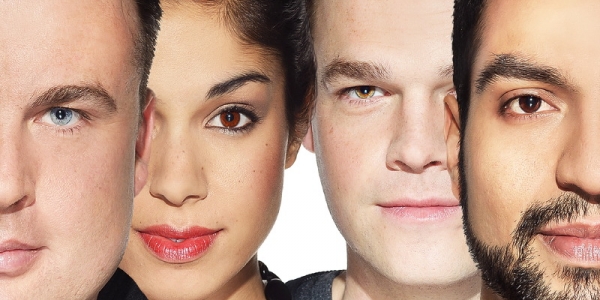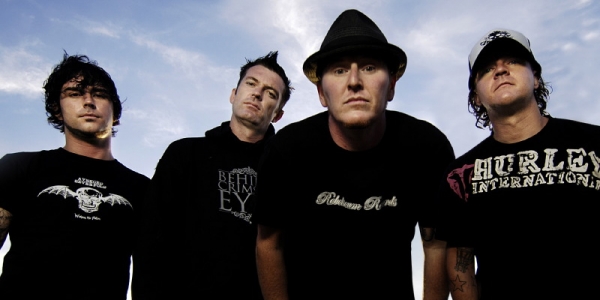There are some excellent reasons to see anything Alan Ball has touched. Sure, you’ll see this play for the dark explorations of sexuality and human relationships, but when Christian Heath (playing Dwight) outlines his opening scene, you see the slightly-more-obvious appeal of Alan Ball’s writing. It’s about as subtle as one of Brynne Edelsten’s eye-watering outfits.
“[Dwight’s] a gay, prostitute-using, weed-dealing layabout. My opening scene is a nude sex scene on the couch with Omar the prostitute,” Heath says matter of factly. While nude sex scenes may not be everyone’s cup of tea, they’re certainly part of the appeal that has seen a previous sell-out performance of the play go so well. “It was supposed to be a very small reading and then it turned into a 200 [person] sell-out reading,” Heath says. “We ended up actually putting on the play and that went really, really well, so we are back for another season.”
There are obvious benefits to seeing a play that many of the cast are already familiar with; the primary benefit being, of course, that you get actors who know their characters better than ever before. “We all want to investigate the characters a little bit more.” Heath says. “I think it’s about spending that extra bit of time and trying new, different angles, and trying to bring these characters to life a little bit more. There is definitely a change, it will be different.”
So what are the big drawcards? Well, there’s Alan Ball and, of course, there’s sex within an Alan-Ball-written-play. But, as in True Blood and American Beauty, sex is simply a vehicle for a broader discussion that attempts to explore the gaping holes regarding what we know about humans and sexuality. As Heath notes, hiring a prostitute like Omar is “Dwight’s way of feeling normality. So he hires a prostitute to get that feeling of a relationship and of love. He uses prostitutes and paid sex as a means of feeling what a normal relationship might be like”
This is not a two-person show, as the cast list demonstrates. But Heath notes that Omar is the play’s central character, one who exploits his ‘ethnic’ and sexual identity to satisfy the desires of his clients.”[This play is] all about the characters [Omar] meets during his journey,” Heath notes. “But Dwight is a surly customer that sticks and resonates, and [Omar] builds a close relationship [with him]. At the end of the day, it starts with Omar and ends with Omar. Dwight seems to be the character who stays a little longer.”
The marketing material for All That I Will Ever Be relies heavily on how Omar is there to fulfil fantasy. Yet Heath agrees enthusiastically when I point out that Omar’s job, particularly in Dwight’s case, seems more geared towards simulating reality. “I think that’s why this play has this deep irony all the way through it. What really brings it together is this loneliness, this needing to belong with people. Dwight is a very lonely, untrusting character who has experienced a lot in his life, the loss of his mother, who committed suicide, and he’s got this massive distrust [of] his father, and he blames the whole world for his problems and issues. With this connection [that] he has with Omar, one evening, it’s this connection no one would see coming, but something clicks between the two of them and he finally feels this connection. It’s completely out of the blue. No one really expects it.”
It’s this kind of clever mix of sex, brains and humour that seems to have successfully drawn people to previous performances of All That I Will Ever Be. And it may well be the brutally confrontational honesty of such a piece that makes it memorable.
“It is very confrontational,” Heath says. “As [it is] an Alan Ball play, he writes very brutally and honestly, and he does cover a wide list of contemporary issues, whether it be sexuality, racism, he deals with it through irony and humour. I guess that’s what people get out of this play. They see all this confrontation, some of it funny and some of it extremely sad. But I think people can relate to a lot of issues inside the play, even from characters [whom they would] never see themselves having a connection with.”
So if you don’t like sex, black humour, or the brains behind American Beauty or True Blood, then you’re royally screwed if you think this play is for you. But then, you would have stopped reading after the first quote, wouldn’t you?
BY SIOBHAN ARGENT

